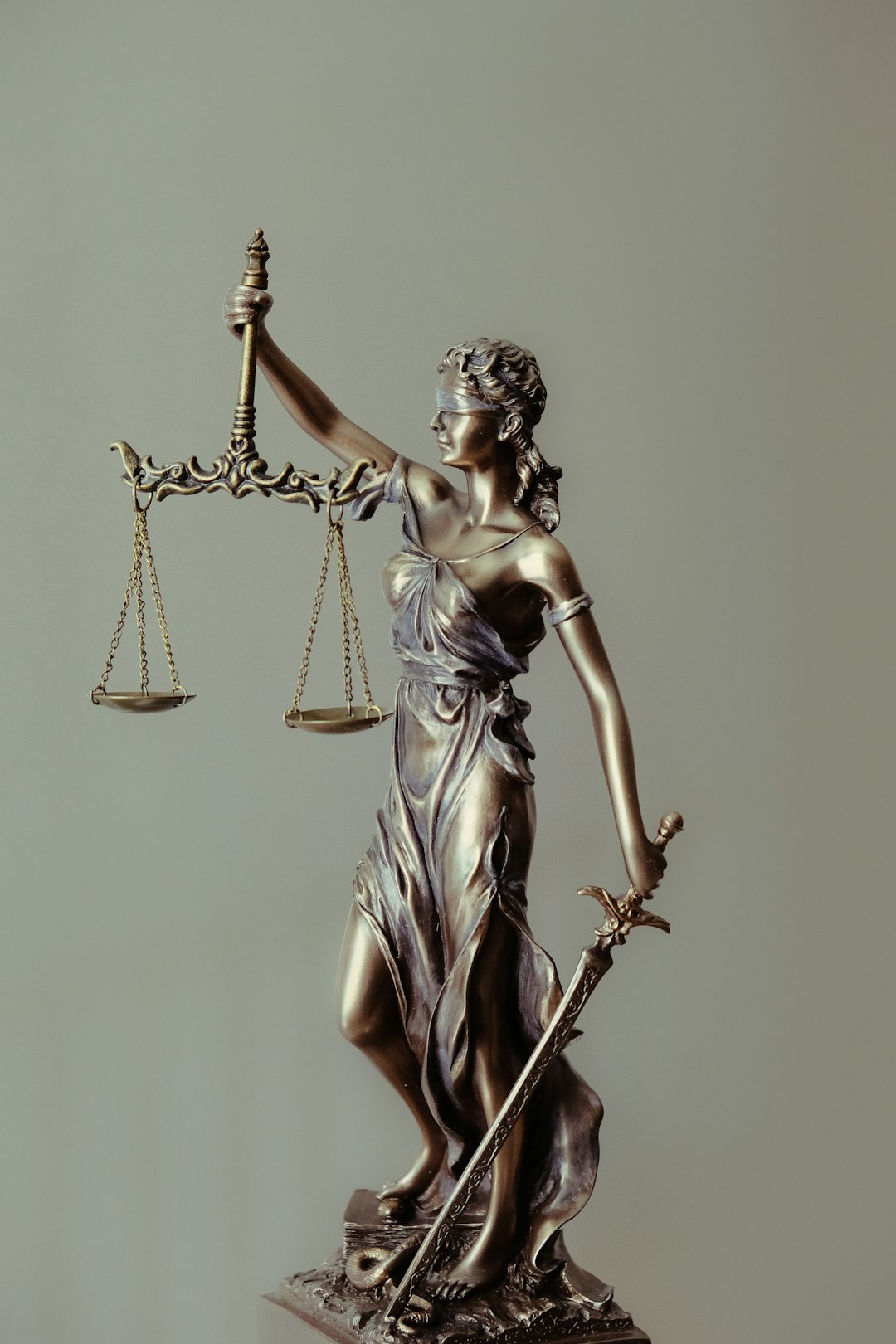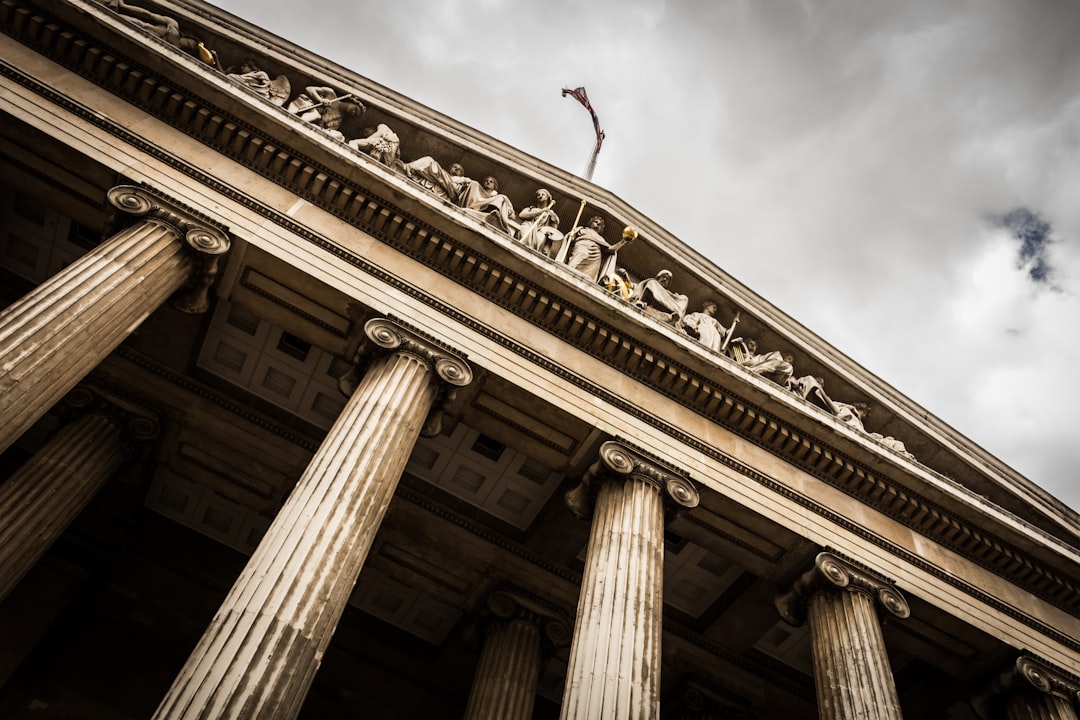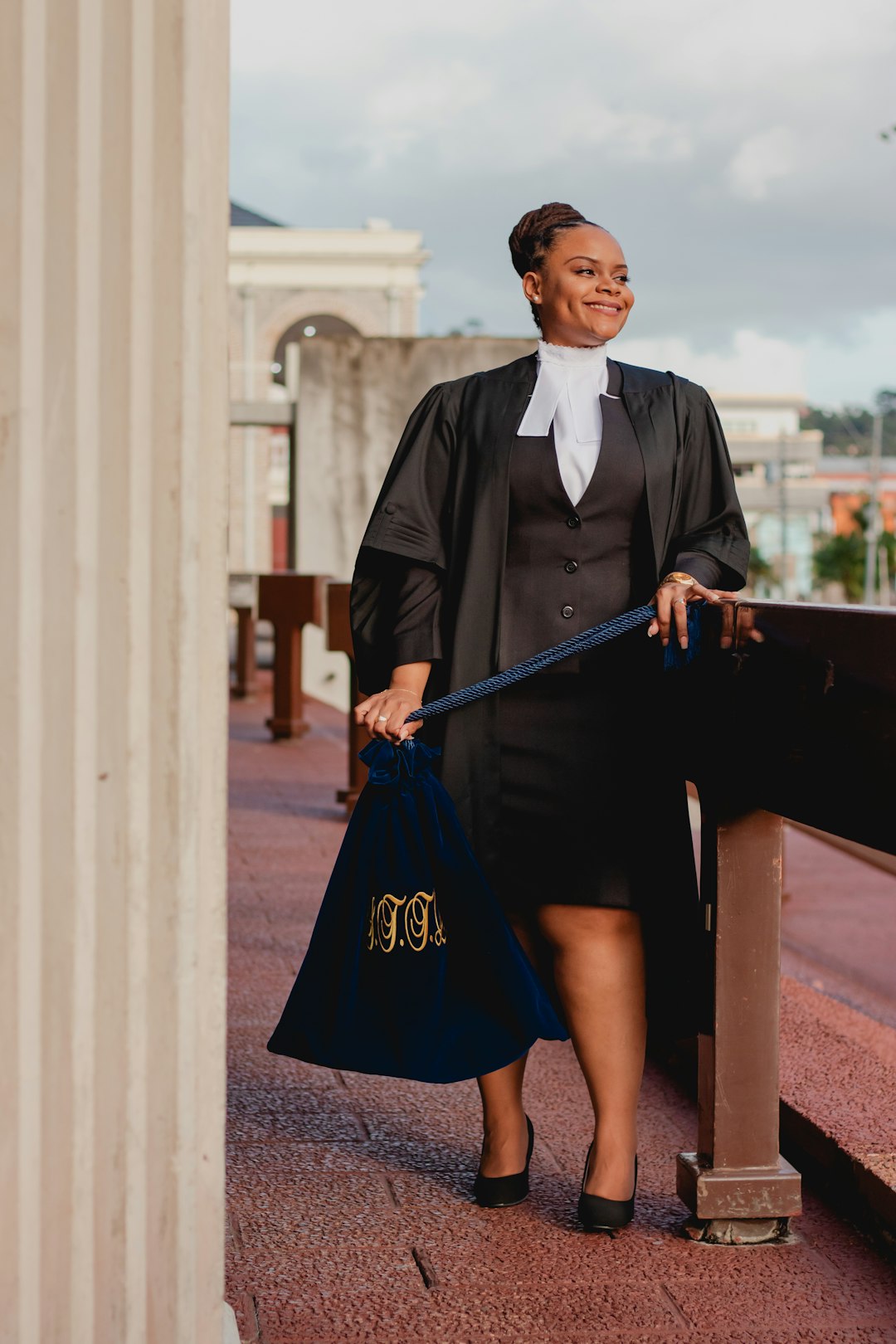Student well-being in Woonsocket schools is at risk due to power imbalances and digital communication challenges, highlighting the need for stronger policy enforcement under Rhode Island's School Abuse Prevention Laws (SAPL). These laws mandate reporting and transparent investigations, empowering educators and students alike. Clear policies, teacher training, open communication, and community engagement are vital to prevent and address inappropriate teacher-student relationships. Legal counsel from a school abuse lawyer can help establish robust safety measures, deterring perpetrators and safeguarding all students in Rhode Island educational institutions.
“Woonsocket, like many communities, faces a pressing issue regarding teacher-student relationships. With students being particularly vulnerable to exploitation, it’s crucial to examine the boundaries of these interactions. This article delves into the need for stricter policies in Woonsocket to prevent misconduct, focusing on protecting students and ensuring ethical conduct. We explore Rhode Island’s school abuse prevention laws, community empowerment, and strategies to foster a safe learning environment, emphasizing the importance of legal awareness for both parents and educators. By addressing these concerns, we aim to keep our schools secure.”
Protecting Vulnerable Students: The Urgent Need for Change in Woonsocket

In any educational setting, students are particularly vulnerable, and their well-being should be the utmost priority. However, in Woonsocket, the current policies regarding teacher-student relationships may leave certain students at risk. The potential for abuse or inappropriate conduct cannot be overlooked, especially when power imbalances exist between educators and their pupils. Many cases of school abuse have been documented worldwide, highlighting the urgent need for stricter regulations to protect these vulnerable students.
Rhode Island’s legal framework concerning school abuse is a crucial aspect that must be considered. By strengthening policies, Woonsocket can ensure that teachers adhere to ethical standards and maintain professional boundaries. This proactive approach will foster a safer learning environment, empowering students to receive an education free from potential trauma or exploitation.
Teacher-Student Relationships: Navigating Ethical Boundaries and Legal Implications

Teacher-student relationships, while seemingly innocuous, can quickly cross ethical and legal boundaries, posing significant risks to students in Woonsocket’s schools. In today’s digital age, interactions between educators and pupils extend beyond the classroom, creating potential for abuse if not properly managed. A simple message or connection on social media can escalate into a harmful relationship, leading to serious consequences for both parties.
In Rhode Island, as in many places, laws exist to protect students from school abuse. These regulations are designed to maintain a professional environment and prevent exploitation. However, enforcing these policies is complex, especially with the ever-evolving digital landscape. A thorough review and stricter enforcement of guidelines regarding teacher-student interactions are necessary to safeguard Woonsocket’s students. Seeking counsel from experienced school abuse lawyers can help establish robust policies that promote transparency, accountability, and a culture where every student feels safe and respected.
Rhode Island's School Abuse Prevention Laws: A Comprehensive Overview

In Rhode Island, the protection of students and prevention of school abuse are taken seriously under comprehensive legal frameworks designed to maintain a safe learning environment. The state’s School Abuse Prevention Laws (SAPL) outline clear guidelines and protocols for identifying, reporting, and addressing instances of abuse, including those involving teacher-student relationships. These laws empower both educators and students by establishing a mandatory reporting system, where any individual, including teachers, is required to report suspected abuse or neglect. A school abuse lawyer in Rhode Island can help navigate these legal protections, ensuring that all parties understand their rights and responsibilities under SAPL.
The regulations cover various forms of abuse, from physical harm to emotional manipulation, emphasizing the importance of maintaining professional boundaries. Teachers found to have crossed these boundaries face severe consequences, including disciplinary actions and potential criminal charges. The laws also mandate thorough investigations into allegations, providing a transparent process for both students and educators to seek justice and resolution. By adhering to SAPL, Rhode Island schools strive to foster a culture of safety and accountability, preventing any form of abuse from going unnoticed or unaddressed.
Fostering a Safe Learning Environment: Strategies to Prevent Misconduct

Creating a safe learning environment is paramount to ensuring every student feels secure and supported. In Rhode Island, schools have a legal obligation to protect students from potential abuse, including inappropriate relationships between teachers and pupils. To prevent misconduct, several strategies can be implemented. Firstly, clear and comprehensive policies regarding teacher-student interactions should be established and communicated to all staff and parents. These guidelines must emphasize the importance of professional boundaries and define acceptable conduct. Regular training sessions can help educators recognize and report any suspicious behavior or relationships that may develop.
Additionally, fostering an open and transparent culture is essential. Students should feel comfortable reporting any incidents without fear of retaliation. School administrators can promote this by actively listening to concerns, investigating allegations promptly, and ensuring consequences for perpetrators. Implementing these measures will contribute to a healthier educational setting, where teachers can focus on instruction while students learn in an environment free from potential exploitation or abuse, supported by the guidance of a Rhode Island school abuse lawyer when necessary.
Empowering Parents, Students, and Communities Against Exploitation

Empowering parents, students, and communities is a vital step in preventing and addressing teacher-student relationships that cross boundaries. In cases of school abuse, a supportive network can make all the difference in ensuring that victims receive the help they need and that perpetrators are held accountable. Rhode Island residents must be aware of their rights and the legal avenues available to them if they suspect any form of teacher misconduct or child exploitation. Engaging the community through education and awareness campaigns can serve as a powerful tool against such abuses, fostering an environment where everyone feels equipped to recognize and report suspicious behavior.
By empowering individuals within these groups, Woonsocket can strengthen its defenses against school abuse. This includes encouraging open communication between parents and schools, promoting student safety training, and establishing robust reporting systems that ensure confidentiality. A collective effort involving legal professionals specializing in school abuse cases in Rhode Island can further assist in creating policies that deter potential perpetrators and offer a safe haven for all students.



